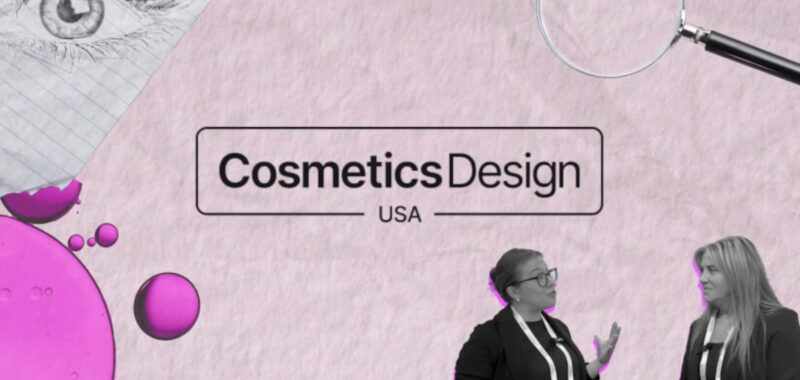
At the close of 2024, CosmeticsDesign US has identified AI and personalization as the most influential beauty industry trend of the year. These transformative technologies have reshaped how brands engage with consumers, develop products, and manage operations, cementing their role as cornerstones of the industry’s evolution.
In our year-end spotlight, we explore how AI-driven solutions are revamping the concept of personalization, optimizing supply chains, and driving sustainable innovation in beauty and personal care.
Redefining consumer engagement
AI-powered solutions are creating hyper-personalized, immersive experiences for consumers. Irina Mazur, Chief Product Officer and Chief Marketing Officer of Revieve, described the transformative potential of their Next Gen AI Advisor series: “Our tools redefine personalization in the beauty industry by creating an experience that is both immersive and emotionally resonant for each consumer.”
With features like the Gen AI Conversational Assistant and Beauty Fusion, Revieve’s tools enable consumers to turn beauty inspiration into actionable, personalized recommendations. Mazur noted, “The end result isn’t just a match in look but also a match suited to their unique characteristics.”
The impact on brands has been substantial, with users of these tools experiencing an “average conversion rate increase of +10 percentage points and a +17-percentage point boost in transaction growth.”
AI in personalized beauty products
AI is helping brands push personalization further than ever, tailoring products to individual skin types, concerns, and lifestyles. Eleonora Mazzilli, Trend Localization & Business Development Director at BEAUTYSTREAMS, emphasized AI’s ability to combine science and data for precision: “Advanced innovations in data science, AI, and digital analysis allow for personalization in beauty to go a step further, offering inclusive products based on real-time measurements.”
AI-powered tools like facial recognition and skin analysis enable detailed assessments of skin health metrics—such as redness, acne, and texture—and provide real-time insights to guide hyper-personalized skin care and makeup solutions. “AI can even analyze environmental exposure and lifestyle factors like stress and sleep patterns, offering tailored solutions to improve skin health and wellness,” Mazzilli explained.
Supply chain optimization and trend forecasting
AI is also transforming supply chain management. Inna Kuznetsova, CEO of ToolsGroup, highlighted the challenges of forecasting demand for new products without historical sales data. “Over 80% of new consumer product launches fail,” she stated, citing inaccurate demand forecasting as a primary cause.
AI, however, offers a solution: “AI analyzes infinite possibilities, factoring in social media trends, seasonality, and consumer preferences, producing optimal results without the bias of traditional methods.”
Probabilistic forecasting, which provides a range of outcomes and their probabilities, further enhances decision-making. Kuznetsova explained, “This method accounts for new risks and changing factors daily, allowing companies to anticipate and capitalize on market shifts with greater accuracy.”
Innovation in ingredients and sustainability
AI is accelerating the discovery of innovative ingredients. Mazzilli cited the example of Revela’s Fibroquin Essence, a skin care product developed using AI to screen over five million molecules for safety and efficacy. “Pairing science and biology with powerful AI and machine learning algorithms can unlock the next generation of skincare and nutrition ingredients,” Mazzilli said.
AI is also aiding sustainability efforts in packaging design and material optimization. “AI-powered algorithms can analyze data on carbon emissions, energy usage, and recycling options to help the industry create eco-friendly packaging solutions,” Mazzilli noted.
This aligns with broader sustainability goals, as AI helps reduce waste and improve the lifecycle of beauty products.
The future of AI in beauty
AI’s influence will only deepen in the coming decade. Generative AI tools are poised to become co-creators of new beauty products by mapping consumer preferences and analyzing social trends.
“Advanced AI models will enable brands to develop hyper-personalized products and services that cater to individual preferences,” Mazzilli predicted.
AI will also continue transforming consumer engagement through conversational assistants capable of delivering real-time, human-like interactions and tutorials. “Smart AI assistants will provide hyper-personalized recommendations, application guidance, and even digital consultations,” she said.
As AI advances, its integration into the beauty industry represents a paradigm shift, delivering tailored experiences, fostering sustainability, and driving innovation.
For more insights on the trends shaping the future of beauty, enjoy our video news analysis and register for CosmeticsDesign US newsletter updates.

